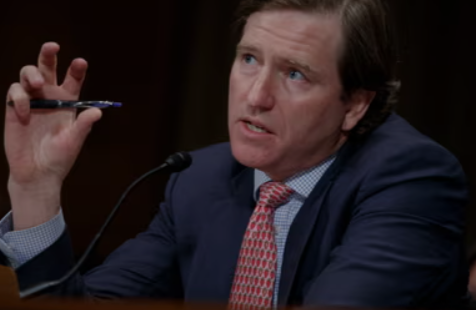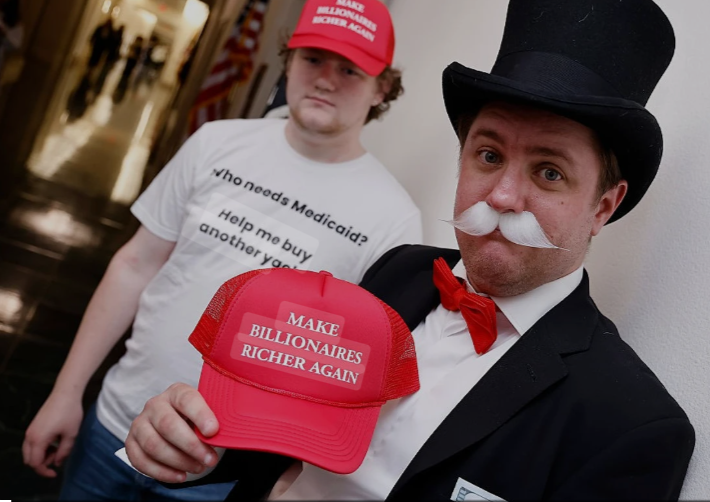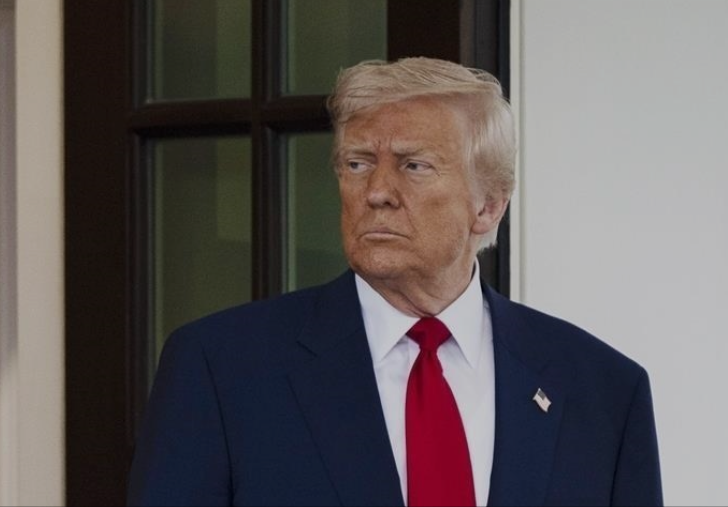In a deeply alarming move raising renewed concerns about authoritarian overreach, former President Donald Trump signed two executive orders on Thursday directing federal agencies to investigate former high-ranking officials who challenged his false claims of widespread voter fraud in the 2020 presidential election.
Targeted in Trump’s latest wave of political retaliation are Chris Krebs, the former Director of the Cybersecurity and Infrastructure Security Agency (CISA), and Miles Taylor, a former senior official at the Department of Homeland Security. Both men publicly rejected Trump’s election lies and voiced serious concerns about the dysfunction and disinformation emanating from the Trump administration during and after his presidency.
In a pair of sweeping directives, Trump not only called for investigations into Krebs and Taylor, but also ordered the immediate revocation of their security clearances and imposed additional restrictions on any public or private entities affiliated with them. The rationale given in the orders claims these individuals “eroded public trust in government” by denying what Trump continues to insist—despite overwhelming evidence to the contrary—was a “stolen election.”
Krebs, a lifelong public servant with a reputation for integrity, became a central figure in defending the 2020 election’s legitimacy. As Director of CISA, he spearheaded efforts to debunk election-related disinformation and promote transparency, establishing a public-facing initiative to correct false narratives in real time. His work culminated in a November 17, 2020, tweet citing a consensus from 59 cybersecurity experts who found no credible evidence of fraud.
That same day, Trump fired him via Twitter.
Taylor, for his part, anonymously authored a 2018 New York Times op-ed titled “I Am Part of the Resistance Inside the Trump Administration” and later published a book further detailing the internal chaos and dysfunction that plagued the White House under Trump’s leadership. His critiques, like Krebs’, were grounded in firsthand experience, concern for national stability, and a commitment to democratic norms.
Their pushback, however, made them enemies in Trump’s camp. Krebs, in particular, faced not only dismissal but public threats. Trump’s campaign attorney, Joseph diGenova, infamously told Newsmax that Krebs “should be drawn and quartered” and “taken out at dawn and shot”—remarks that led to a defamation lawsuit filed by Krebs against diGenova, the Trump campaign, and Newsmax.
Now, with these latest executive orders, Trump has turned his full attention to punitive measures against dissenters who dared to challenge the disinformation campaign surrounding the 2020 election. The orders also signal an ongoing effort by Trump to reshape the federal bureaucracy into one loyal to him personally rather than to the rule of law or the Constitution.
Reactions have been swift and scathing. Former Congresswoman Liz Cheney, who served on the House Select Committee investigating the January 6th attack, condemned the orders as “Stalinesque,” warning that Trump’s approach criminalizes truth-telling in the service of authoritarian power. “The 2020 election wasn’t stolen,” Cheney said. “And speaking the truth is only a crime in countries ruled by tyrants.”
Taylor, speaking out on social media Thursday, responded with measured but forceful words: “I said this would happen. Dissent isn’t unlawful. It certainly isn’t treasonous. America is headed down a dark path. Never has a man so inelegantly proved another man’s point.”
For business leaders, public servants, and defenders of democratic integrity, this episode serves as a sobering reminder of the high stakes involved when political power is weaponized against accountability. As former President Trump continues to pursue a path of personal vengeance and systemic dismantling, it is incumbent upon responsible leaders—across both public and private sectors—to reaffirm their commitment to truth, transparency, and the foundational principles that define American democracy.
The targeting of Krebs and Taylor is not just political theater—it is a test of the nation’s institutional resilience. Whether our democratic infrastructure can withstand the pressure will depend on how clearly and consistently Americans—especially those in leadership positions—stand up to authoritarian tactics masquerading as governance.



